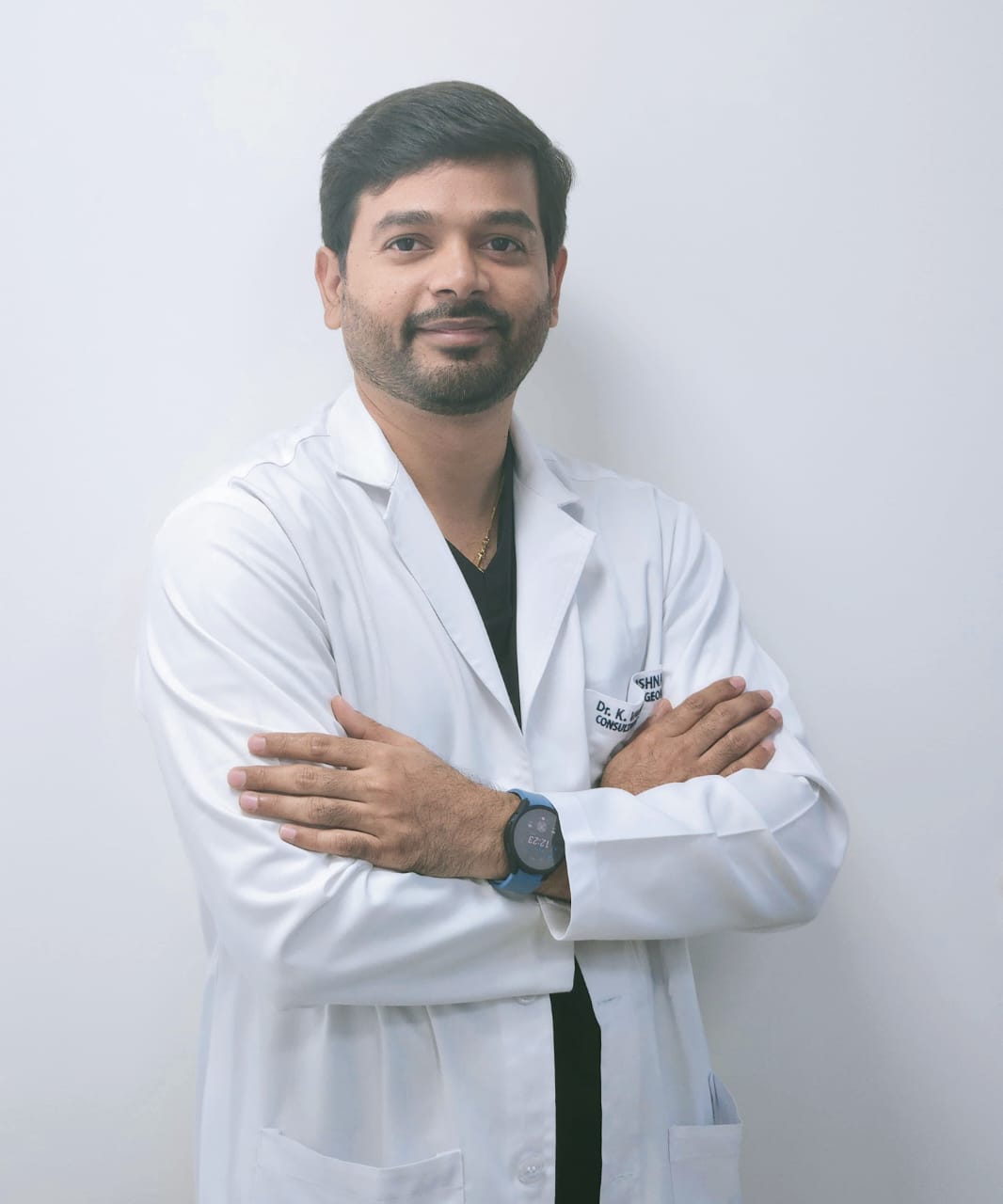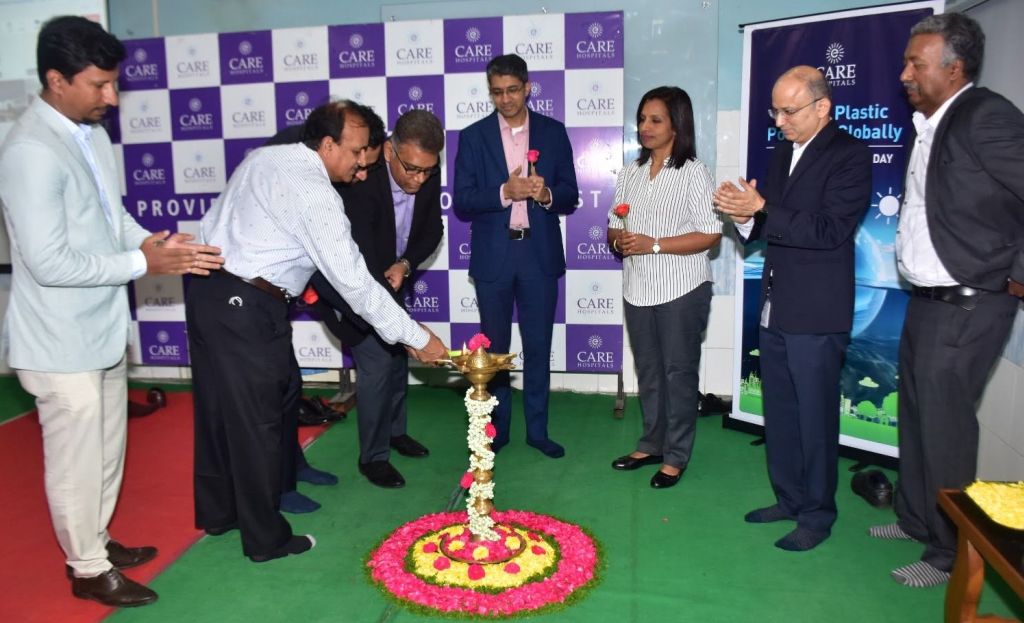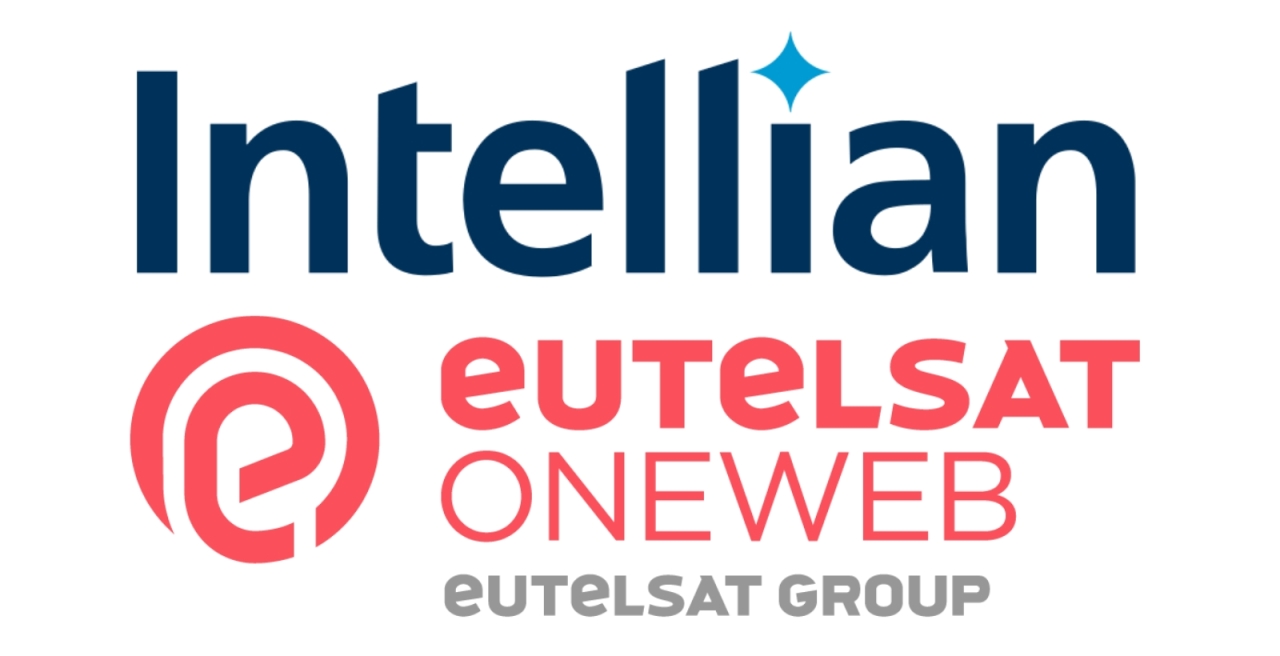Do you or someone close to you experience frequent headaches, numbness or weakness in limbs, seizures, vision or speech changes, imbalance, or sudden memory issues? These could be early symptoms of a brain tumour—a serious and potentially life-threatening neurological condition. If these symptoms become more frequent or severe, it could indicate the presence of a growing brain tumor.
Brain tumors can grow silently and strike without warning. In recognition of this, World Brain Tumor Day is observed on June 8 each year to raise awareness of the condition and promote timely medical intervention.
On this occasion, CARE Hospitals, one of India’s leading healthcare providers, is driving a public awareness initiative under its “Power of 3” campaign—focused on *Speed, Access, and Response* during emergencies.
To enhance emergency care, CARE Hospitals has deployed *5G-enabled ambulances* across its Hyderabad units and has committed to:
* Answering emergency calls within 3 rings
* Dispatching an ambulance within 30 minutes
* Ensuring immediate attention by an ER doctor upon patient arrival
According to the World Health Organization, brain and central nervous system tumors impact over *300,000 people globally each year. In India, **approximately 40,000 new cases* are diagnosed annually, with many going undetected until severe symptoms develop.
Brain tumors may be *benign or malignant. Benign tumors are non-cancerous, while malignant tumors can be fast-growing and invasive. Although rare, brain cancers can spread within the brain and central nervous system. Thanks to advances in diagnostics and treatment, patients now have access to a range of options including **surgery, radiation therapy, and chemotherapy*, often used in combination based on tumor type, location, and patient health.
> “Research is ongoing into why brain tumors form,” said *Dr. Vamshi Krishna*, Senior Neurosurgeon, CARE Hospitals, Hitech City.
> “People who had radiation exposure during childhood or work in high-radiation areas are more at risk. There may also be genetic links. But one thing is clear—early detection is key.”
> He added, “In neurological emergencies like brain tumors, delays can cost lives. This campaign is not just about awareness—it’s about action. The right treatment at the right time can save lives.”












